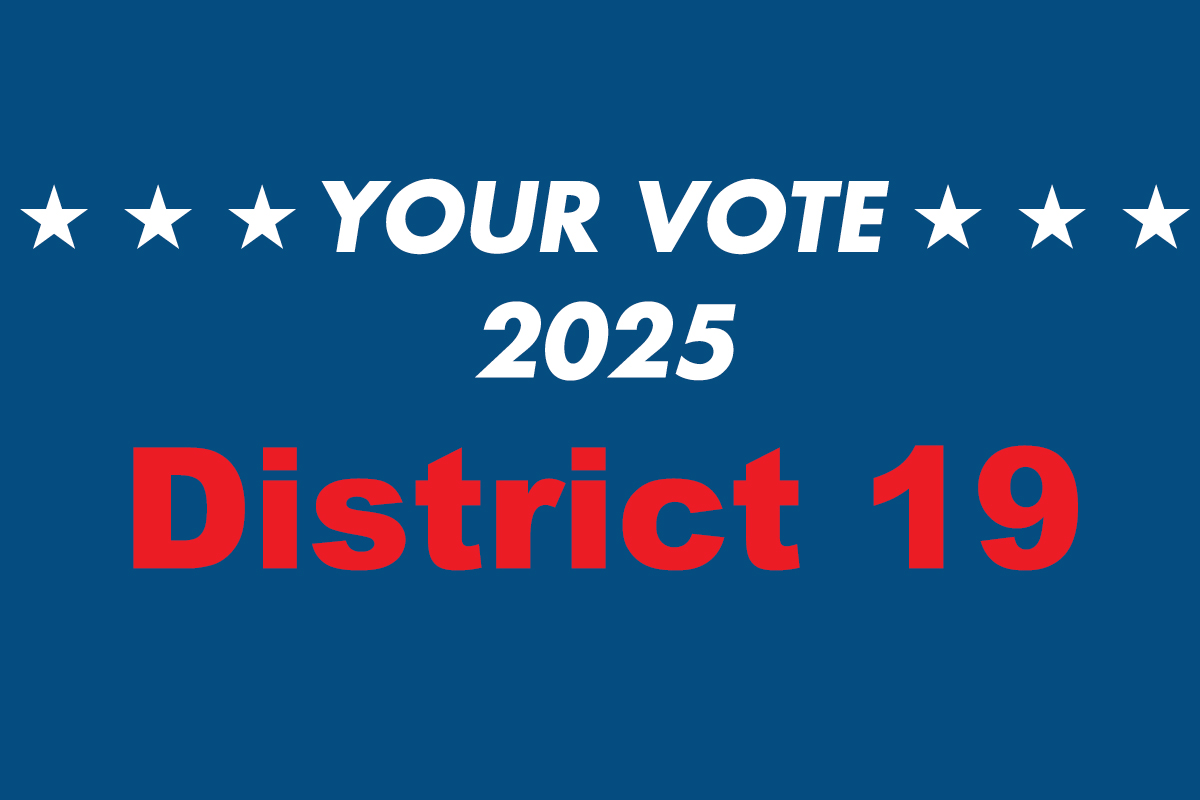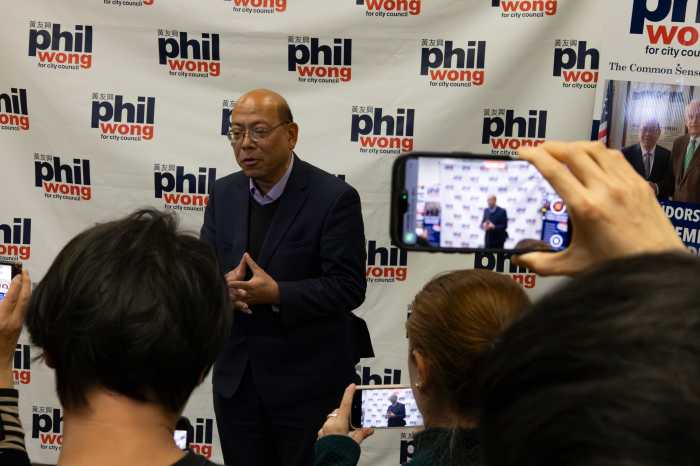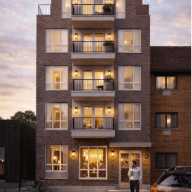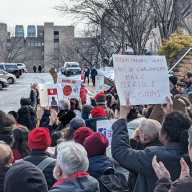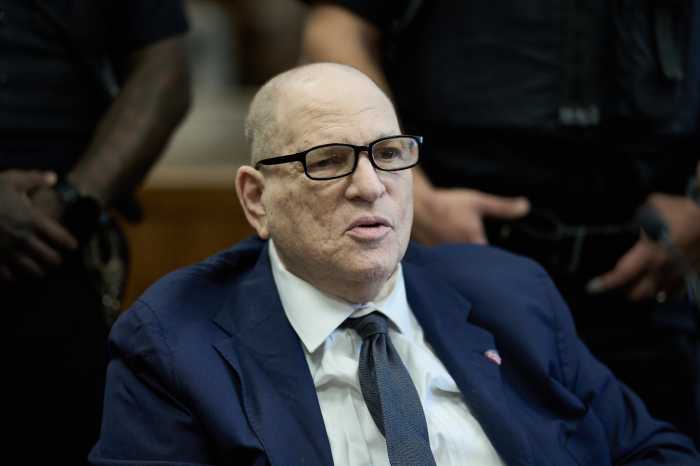Sponsored by AARP
This week, the news team examined the campaigns of City Council candidates Ben Chou and Council Member Vickie Paladino, who are both hoping for the District 19 seat. The team delved into their respective plans to tackle pressing concerns surrounding affordability across New York City.
Q: As many older residents face rising housing costs, what policies or programs do you support to increase the availability of affordable and accessible housing options in your district?
Paladino:In District 19, our main concern is less about building new housing, and more about ensuring our seniors can afford to remain in their homes here. And the biggest pressures on affordability are usually ancillary to the cost of housing itself — things like skyrocketing electricity costs and green mandates like Local Law 97 are driving seniors and fixed-income retirees out of their homes.
Every day my office hears from seniors, many of whom come to us crying because their electric bills have become as costly as their mortgage. And our middle-income co-ops and condos are now facing massive financial strain thanks to Local Law 97 electrification mandates driving up maintenance fees for residents. These buildings are home to a huge number of seniors and retirees who will simply not be able to afford to remain in homes they’ve lived in for decades. I’ve introduced legislation to provide relief to LL97 fines and extend tax credits to help the buildings comply in a cost-effective manner. Others have introduced similar legislation. Without action on LL97 relief, we’re only going to see the affordability crisis deepen here. Same goes for energy costs. New York’s green initiatives have shut down affordable power plants and drastically reduced production while electrification mandates have driven up demand. Everyone has seen the result in electric bills which have gone up drastically over the last several years since New York’s ‘green new deal’ took hold. It’s unsustainable. Until New York takes concrete steps to jettison these ridiculous green initiatives and get us back to cheap energy, we aren’t going to make anything significantly more affordable.
Chou: Sadly, my opponent has forced seniors to look anywhere but here for an affordable place to live: only 51 affordable housing units were built in this entire district in the last ten years. We also need to fix the broken property tax system that lets luxury properties in Manhattan pay less than they should, while working- and middle-class homeowners in Queens end up paying more than their fair share. Finally we need to expand the J-51 tax break beyond the ridiculously outdated $50,000 unit cap so that co-ops and condos can afford to comply with Local Law 97.
Q: In your opinion, how can city policies incentivize private developers and landlords to create and maintain affordable, accessible housing options for seniors, especially in neighborhoods with high aging populations?
Paladino: I speak to developers and landlords often, and the top thing I hear is that our rent control laws need to be significantly reformed if we want to see any real increase in citywide inventory, particularly on the more affordable and middle-income side of things. As it stands now, developers are only incentivized to build either at very high-end of the market where tenant protections are less relevant (and less risky), or at the lowest end of the market where subsidies are heavy and risk is completely mitigated. This leaves out the entire low/middle of the affordability spectrum because it’s impossible to balance the risk/reward. Plus, there are currently tens of thousands of housing units currently off-market because rent control laws make them financially impossible to renovate and rent at market rates. Serious reforms to how we handle rent control, rent stabilization, tax incentives, subsidies, and tenant protections will be the only way to increase genuinely affordable middle-income housing inventory in this city.
Chou: City Hall has spent too much time handing out tax breaks to wealthy developers instead of protecting tenants and seniors. I believe the real incentive is simple: enforce the laws already on the books. Right now, the enforcement capabilities of the Department of Buildings to collect on unpaid violations are limited, leaving millions of dollars of fines uncollected. Bad landlords know they can get away with it — and seniors pay the price. If we properly fund enforcement, collect the fines owed, and hold repeat offenders accountable, we can finally make housing safer and more accessible, while bringing badly needed revenue back to the city.
Q: Accessibility in housing is essential for aging residents. How would you promote the development and retrofitting of existing buildings to meet ADA standards and accommodate seniors with mobility challenges?
Paladino: I’ve always supported efforts to increase ADA compliance for people with mobility issues. In fact, making the city more accessible for seniors and the disabled should be a serious priority of any municipal government. However, the cost of construction must be addressed as well. So many of these upgrades have become almost impossible because construction costs are out of control. We need to take a serious look at the drivers of construction costs and work to make construction more affordable.
Chou: The City should lead by example. Too many city-owned buildings are themselves out of compliance, with maintenance backlogs and broken systems that would never be tolerated in the private sector. I want to allocate more of our budget toward repairing these buildings and ensuring they comply with ADA standards. If we want to demand accountability from private owners, we must first hold ourselves to the same standard and show seniors that accessibility is not optional, it’s essential.

